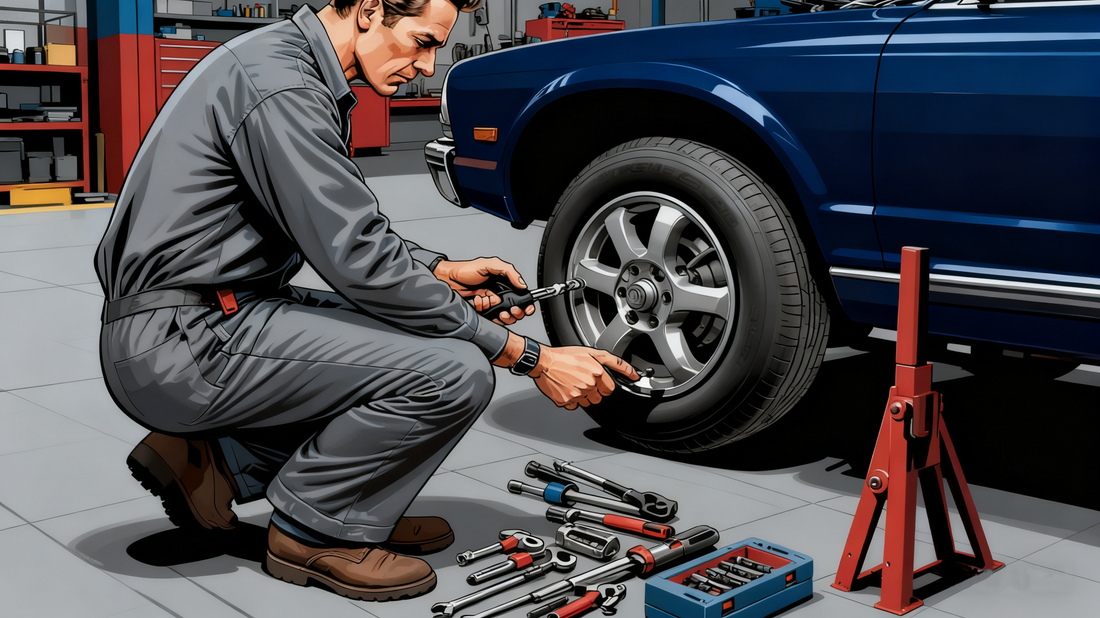
A Dependable Precision Tool — The Mechanical Torque Wrench
A Dependable Precision Tool — The Mechanical Torque Wrench
When it comes to assembling, repairing, or maintaining machinery, precision is not just a preference — it’s a necessity. From automotive workshops to industrial production lines, the mechanical torque wrench stands as one of the most reliable tools to ensure that every bolt and nut is tightened to the exact specification required.
Why Precision Matters
Every fastener in a mechanical system plays a vital role in overall performance and safety. Over-tightening can cause thread damage or part deformation, while under-tightening can lead to component loosening or even catastrophic failure. This is where the mechanical torque wrench becomes indispensable — providing consistent, repeatable, and controlled tightening force.
How a Mechanical Torque Wrench Works
A mechanical torque wrench uses a calibrated internal mechanism — typically a spring and cam or lever — to measure and control torque. When the preset torque value is reached, the wrench produces a tactile or audible “click,” signaling that the desired torque has been achieved. This design allows professionals to work confidently, knowing that each fastener meets exact torque requirements.
Key Advantages
-
Accuracy and Repeatability
Mechanical torque wrenches are known for their reliability. Once properly calibrated, they deliver consistent results over thousands of uses. -
Durability and Longevity
Unlike electronic models, mechanical wrenches require no batteries or displays, making them more robust for demanding environments such as workshops and factories. -
Ease of Use
With a simple setting scale and a clear “click” feedback, even technicians with minimal training can achieve accurate torque results. -
Cost-Effective Performance
While digital wrenches offer advanced features, mechanical torque wrenches remain a cost-efficient solution without compromising precision.
Applications Across Industries
Mechanical torque wrenches are used in a wide range of fields:
- Automotive: Engine assembly, wheel installation, and suspension work.
- Manufacturing: Machine assembly and equipment maintenance.
- Aerospace: Ensuring critical fasteners meet stringent safety standards.
- Construction: Securing heavy-duty bolts in structural applications.
Their versatility makes them an essential tool for professionals who value precision and dependability.
Calibration and Maintenance
To maintain accuracy, mechanical torque wrenches should be recalibrated regularly — typically once a year or after a defined number of cycles. Proper storage is also crucial: always return the wrench to its lowest torque setting after use to relieve internal spring tension and extend tool life.
Conclusion
The mechanical torque wrench remains a cornerstone of precision engineering — simple, durable, and remarkably reliable. Whether you’re a mechanic, engineer, or technician, investing in a quality mechanical torque wrench ensures that every connection you make is safe, accurate, and built to last.
